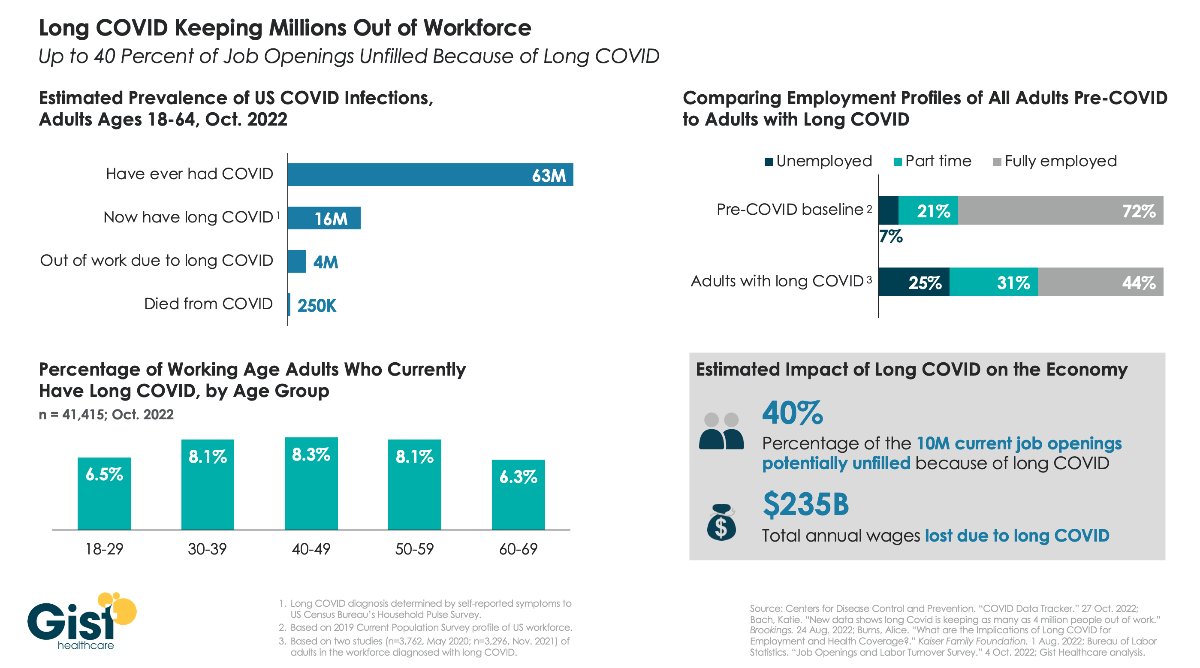In 1983, Rivka Soloman was 21 and attending the University of Massachusetts Boston when she and her two roommates came down with infectious mononucleosis, or “mono.” Her roommates recovered within a couple of weeks. She never did.
Following her infection, she could barely get out of bed or stand up to brush her teeth. She was so sick she had to pull out of the university. This went on for a year until she went into what she describes as a “relatively spontaneous quasi-remission.” For several years, she was well enough to go to school, travel, work, and sometimes even exercise. But even during this respite, she constantly dragged a lingering exhaustion with her, and at unpredictable times she would find herself bedridden for days on end, never knowing when the debilitating fatigue would lift.
She was in graduate school in Washington, D.C., studying for her master’s degree when she was hit by a second infection, pneumonia. She pushed through the fatigue to finish her schooling—and then she collapsed. “Nobody told us back then, because nobody knew, that the primary thing you shouldn’t do when you have a post-infectious chronic illness is push through,” Soloman says. After graduation, she “crawled back” home to New England. This was in 1993. She has been in or near bed ever since.
Myalgic encephalomyelitis/chronic fatigue syndrome (ME/CFS) is a highly disabling, severe condition that has been largely overlooked and even questioned as an illness by medicine and researchers for decades. But now, following the onset of the COVID-19 pandemic, as many as one in eight infected people, according to Akiko Iwasaki, PhD, Sterling Professor of Immunobiology, are developing “long COVID,” in which symptoms persist for weeks, months, or years post-infection and some are developing symptoms indistinguishable from ME/CFS. As an increasing number of people become debilitated by the post-viral syndrome, researchers such as Iwasaki and Harlan Krumholz, MD, Harold H. Hines, Jr. Professor of Medicine (Cardiology) are striving to uncover the mysteries behind the unrelenting fatigue and numerous other symptoms that seem to linger after COVID infection. They hope to provide answers to not only COVID “long haulers,” but also patients suffering from other poorly understood chronic conditions, including ME/CFS, that have been left unresolved for too long.
“The pandemic has opened the world’s eye to the fact that many chronic illnesses have been largely ignored, dismissed, and ridiculed,” says Iwasaki. “Long COVID has taught the world that these diseases are real, there is a biological basis for them, and we need to study them.”

